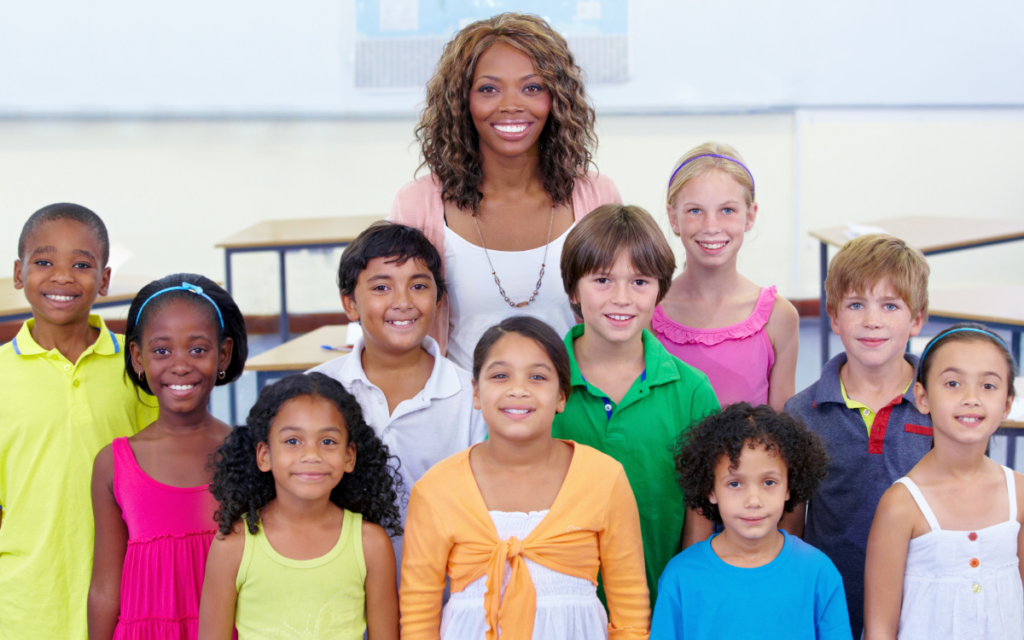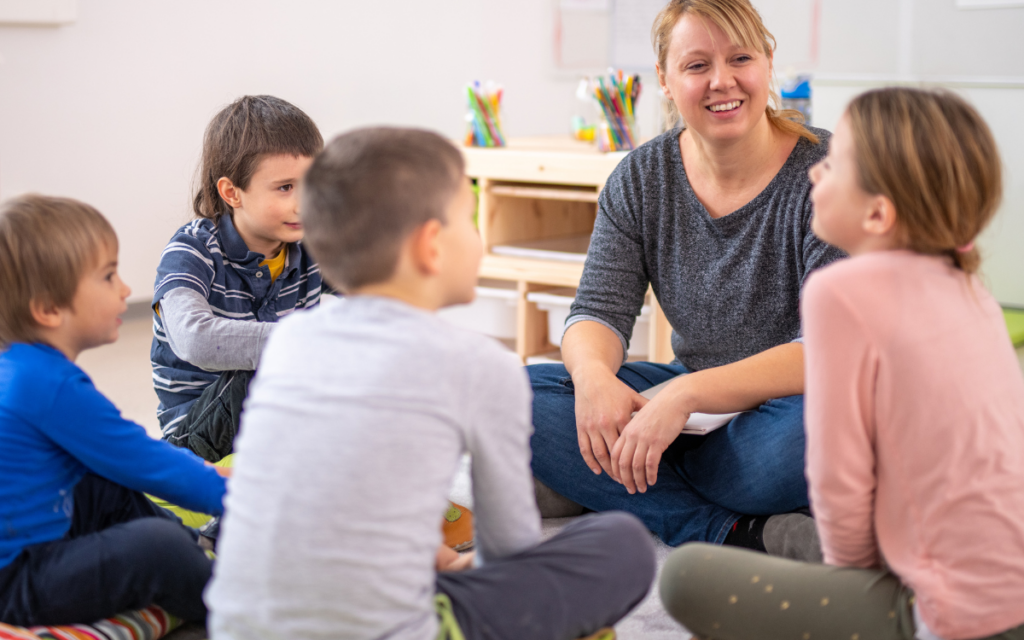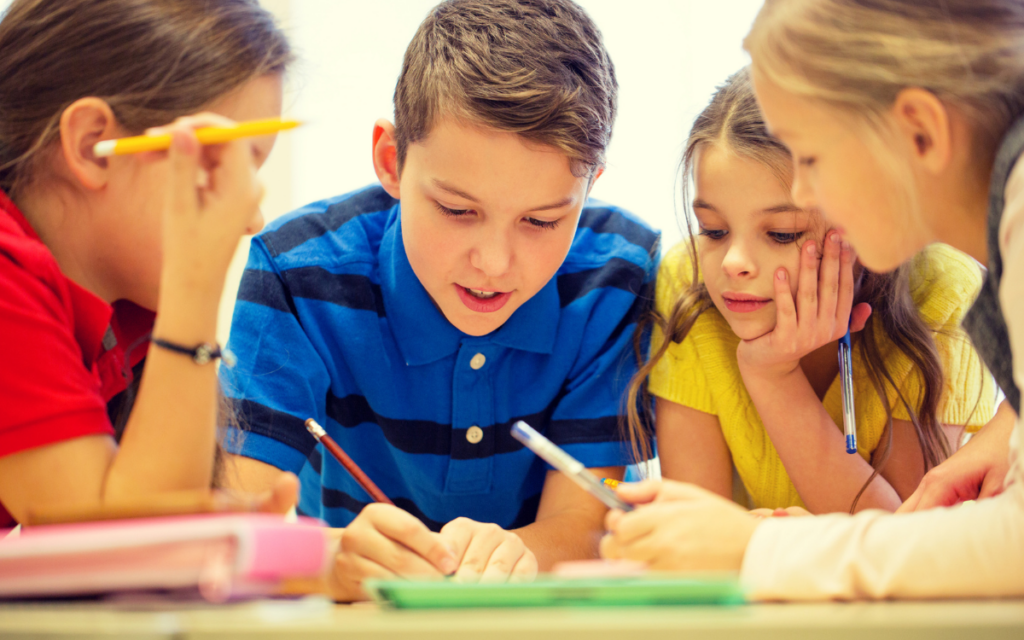How SEL-Informed Practices Improve Our End-of-Year Celebrations

Honoring the end of the school year is important. Acknowledging the relationships we have built, the challenges we have overcome, and the learning we have accomplished is essential. Students witness how they have grown, and we as educators see the fruit of all our hard work.
But the big events — the field days, graduations, moving up ceremonies, and more — that dominate the end of the school year also bring stress.
- Students might be nervous about moving on. They might worry about what will happen in the summer—losing friends, a different routine. They may also be afraid of what the next school year will bring.
- Parents are stressed with end-of-the-year obligations. They may worry about what to do with their children during the summer break.
- Teachers have to finalize report cards, close their classrooms, and facilitate many end-of-year activities.
Activities that are meant to be fun and joyful can end up feeling stressful or unrewarding.
End-of-Year SEL Essentials
So what is essential at the end of the year?
First, let’s acknowledge that there are simply some end-of-year activities that will cause stress. The end of the year is a hard deadline and with that, some things have to get done in a finite amount of time.
Sometimes the stress is motivating: it helps us gather the energy and focus we need to get tasks done. Other times, however, stress overwhelms us, causing paralysis.
But while the end of the year can be stressful, it can also be a meaningful time, rich with opportunities for connection and closure.
But while the end of the year can be stressful, it can also be a meaningful time, rich with opportunities for connection and closure.
The biggest essential, therefore, is to carefully plan what happens at the end of the year with all of this in mind.
Re-Center Your End-of-Year Events
While there are many end-of-year activities that are out of our control, there are other events we can impact.
If you were to re-imagine your end-of-year activities, how would you evaluate which ones to keep? Which ones might you revise? Which ones might you cancel?
One teacher I know has a great system for this. She makes a chart with two columns. On one side she lists the end-of-year activities. On the other side of the chart, she rates them on a scale of 1–5 based on what the students get out of it.
A reflective tool like this helps you evaluate the activities that you do and re-center them around student learning and development.
Instead of large performative events, consider creating smaller events and rituals that engage students and provide meaning.
Instead of large performative events, consider creating smaller events and rituals that engage students and provide meaning.

Practical Ways to Incorporate SEL Essentials at the End of the Year
At Collaborative Classroom, we suggest the following end-of-year events to help students reflect on the year and express appreciation for one another.
Morning Circle meeting to reflect on growth over the year
In this meeting, the teacher asks questions such as:
- How have you grown or changed this year?
- What are you able to do now that you could not do before?
- How are you different as a reader? As a thinker? As a community member?
- What are you most proud of about yourself?
Appreciation activity
In this activity, students get the chance to say things they have come to appreciate about each other.
Notes to next year’s class
In this activity, students write about important things that next year’s class might want to know. They also include things that made them happy this year.
The teacher then binds the notes together and holds on to them to present to the next year’s class.
Class meeting
In this meeting, students reflect on the classroom community and how it felt to be a part of the community.

Appreciate Your Growth and Reflect for Next Year
When we are deep in the work of school, we have struggle to notice the growth we have made as teachers. We are trained to track student progress and assess growth, but we are less skilled at looking at our own progress.
At the end of a school year, take a quiet moment to reflect. Sit and jot down some things you learned during the year. To get started, try asking yourself:
- What was hard that you persevered through?
- How did you handle a particularly challenging parent or child?
- What new content did you learn?
- What questions do you have?
- What challenges do you want to begin addressing next year?
- What changes might you make next year?
Keep those notes in a place where you can refer to them later in the summer. They will inspire and guide you when you begin planning to welcome another community of children into your classroom.
***
In case you missed it, read the Introduction to this series, “SEL Essentials: Reimagining Our Social and Emotional Learning Priorities,” and catch up on earlier installments.